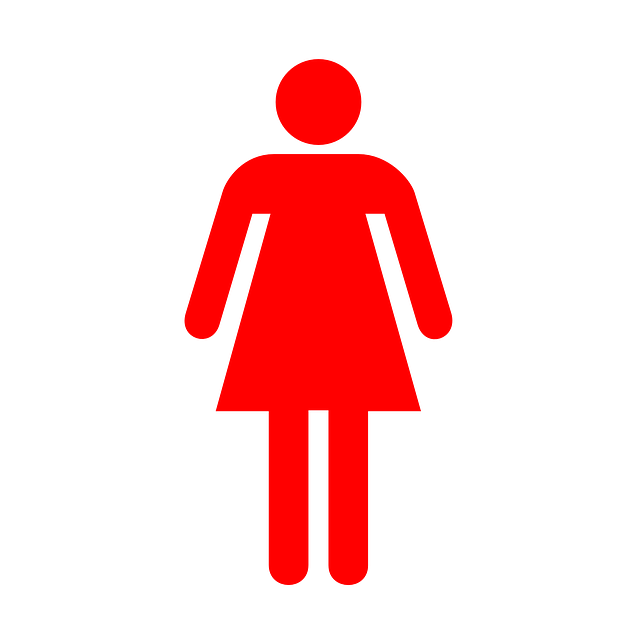
Ever felt like this? If so, you are not alone! As many as 50% of women experience incontinence but only a small portion of them seek help for it! Urine incontinence is a common female problem that becomes even more common after childbirth.
The two most common types of urine incontinence in females are stress incontinence and urge incontinence.
Stress incontinence results from a weakness of the urethra that allows urine to pass through when any activity that increases the intra-abdominal pressure occurs, such as exercise, running, sneezing, coughing and even laughing.
This can be an embarrassing ordeal to cope with for women. It may mean wearing a pad or pantyliner all the time to prevent urine leaking onto your clothing. It may mean giving up that Zumba class you love or being unable to go on a run that you enjoy.
Urge incontinence occurs when you feel the urgency to urinate and then cannot hold the urine and leaking occurs before you can reach a toilet. This condition usually arises from a dysfunction of the bladder contracting too much and the urgency overcomes the body’s ability to hold the urine.
There are many treatment options for these conditions. They range from simple pelvic floor exercises to medications, nerve stimulation therapy, physical therapy, or surgery. If you are struggling with this, I urge you to seek help with your gynecologist. They can determine where the problem is arising and help determine a treatment plan that can improve or even cure the problem. Consider an appointment today if this is relevant to you. I promise you won’t regret this commitment to your well being!
Do you have other questions for Dr. Maayah? Leave them in the comments or submit them anonymously through our Mommy SOS portal. We’ll cover new questions in future posts!
[hr]
 Dr. Susan Maayah
Dr. Susan Maayah
Dr. Maayah is a board certified OB/GYN at Sutter Pacific Medical Foundation Group. She has been in practice as an OB/GYN for over 12 years. She has a strong clinical focus on gynecology, and minimally invasive GYN surgery. Her career goal is treating women from adolescence to geriatric age, from menarche through pregnancy and menopause, to be an advocate for focus in improving the health and female well-being of her patients. She is accepting new patients and welcomes you to visit her for an appointment.

















